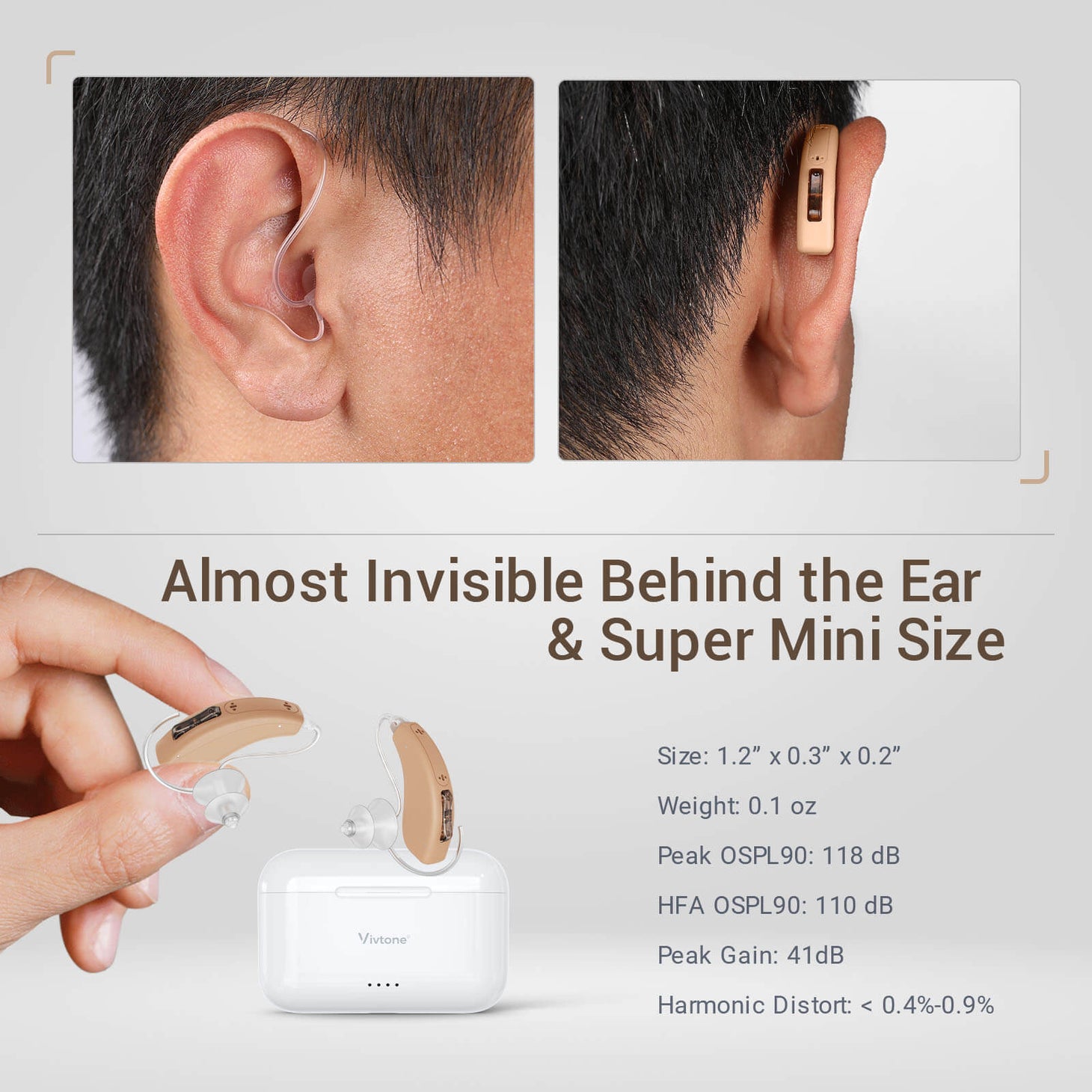Hearing aids have come a long way in recent years, with various options available to cater to different needs. Among these options, non-Bluetooth hearing aids stand out for their simplicity and reliability. In this article, we will delve into the advantages of non-Bluetooth hearing aids and why they might be the ideal choice for you.

Understanding Non-Bluetooth Hearing Aids
Non-Bluetooth hearing aids are devices designed to amplify sound without the need for wireless connectivity. Unlike their Bluetooth counterparts, these hearing aids do not connect to smartphones or other devices. This can be a significant advantage for users who prefer a straightforward approach to hearing assistance.
Advantages of Non-Bluetooth Hearing Aids
- Simplicity: Non-Bluetooth hearing aids are typically easier to use. They often come with fewer settings and features, making them suitable for individuals who may not be tech-savvy.
- Cost-Effectiveness: Generally, non-Bluetooth models are more affordable than Bluetooth-enabled devices. This can be particularly beneficial for those on a budget.
- Battery Life: Non-Bluetooth hearing aids usually have longer battery life since they do not require power for wireless connectivity. This means less frequent battery changes and a more convenient experience.
- Durability: Without the added complexity of Bluetooth technology, these hearing aids tend to be more robust and less prone to technical issues.
Who Should Consider Non-Bluetooth Hearing Aids?
Are you someone who values straightforward functionality over advanced features? If so, non-Bluetooth hearing aids may be the right choice for you. They are particularly suitable for:
- Individuals who are new to hearing aids and may feel overwhelmed by technology.
- Older adults who prefer a more traditional approach to hearing assistance.
- Those who primarily need hearing aids for specific situations, such as conversations at home or in small gatherings.
Potential Drawbacks
While non-Bluetooth hearing aids offer numerous benefits, it is essential to consider potential drawbacks. For instance, users may miss out on features such as streaming audio directly from smartphones or adjusting settings via an app. However, if these features are not a priority for you, the simplicity of non-Bluetooth hearing aids may outweigh these concerns.
Making the Right Choice
Choosing the right hearing aid involves assessing your lifestyle, preferences, and budget. If you value ease of use and reliability, non-Bluetooth hearing aids could be the perfect fit. They provide essential hearing support without the complications that sometimes accompany modern technology.
In conclusion, non-Bluetooth hearing aids offer a range of benefits that cater to various needs. Their simplicity, cost-effectiveness, and durability make them an appealing option for many individuals. If you are considering hearing aids, take the time to explore the advantages of non-Bluetooth models and determine if they align with your hearing needs.



